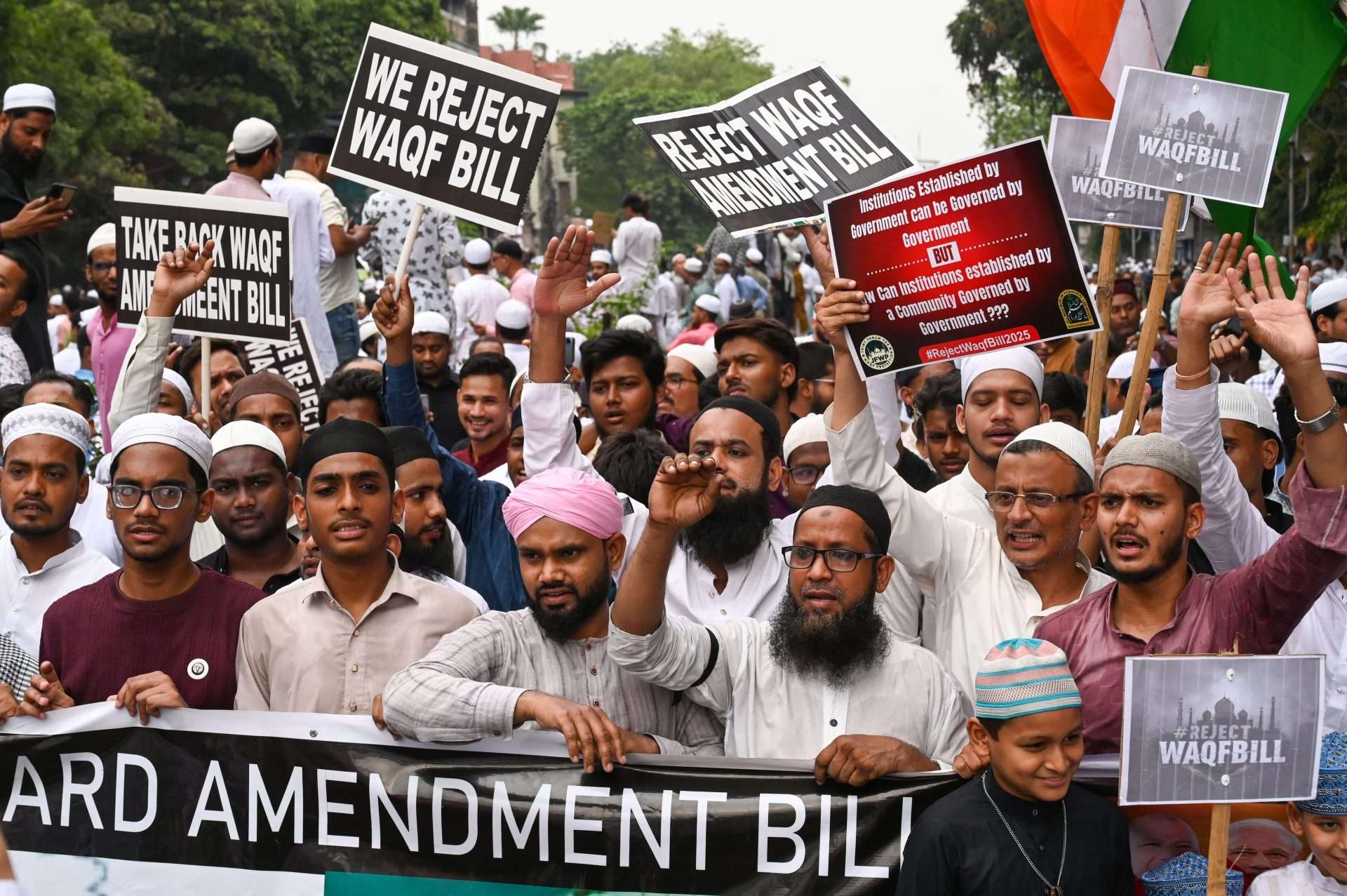
By Rita Joseph
The Indian government cited the support of religious organisations including Catholic bishops to bring through legislation to change the regulation of Islamic charitable gifts, against protests from Muslim groups.
Church leaders had backed the Waqf (Amendment) Bill 2024 which was passed last week, despite opposition parties’ claim it was unconstitutional and marathon debates in both Houses of Parliament.
President Droupadi Murmu gave her assent to the bill on 5 April, after the Upper House, the Rajya Sabha, had passed the bill by 128 to 95 on 4 April and the Lower House, the Lok Sabha, had passed the bill by 288 to 232 two days earlier.
The bill, brought forward by the Hindu nationalist Bharatiya Janata Party (BJP), changes how properties donated by Muslims to religious causes are governed, adding to previous amendments to the 1954 Waqf Act from 1995 and 2013. A Waqf is a charitable or religious donation made by Muslims for the benefit of the community. Such properties cannot be sold or used for any other purpose by their subsequent owners, subject to the ruling of Waqf boards.
During the Rajya Sabha debate, the federal Minister for Minority Affairs Kiren Rijiju justified the removal of Section 40 of the Act, which gave Waqf boards power to declare property as Waqf, by citing support from organisations like the Catholic Bishops’ Conference of India (CBCI). He argued that abuse of the act’s provisions was affecting ordinary people, such as more than 600 families in Munambam village in the southern state of Kerala.
The CBCI president Archbishop Andrews Thazhath of Thrissur had previously written to the federal government complaining that a church, convent and dispensary in the seafront between Munambam and Cherai villages in Kerala’s Ernakulam district, faced eviction by the local Waqf board. Most residents of the area, within the Diocese of Kottapuram, are Latin Catholic fisher folk.
In a statement on 31 March, the CBCI urged all political parties and legislators to adopt an “unbiased and constructive approach” towards the amendment of the Waqf Act. The Kerala Catholic Bishops’ Council asked MPs from the state not to oppose the amendment.
This story was originally published in thetablet.co.uk. Read the full story here.

